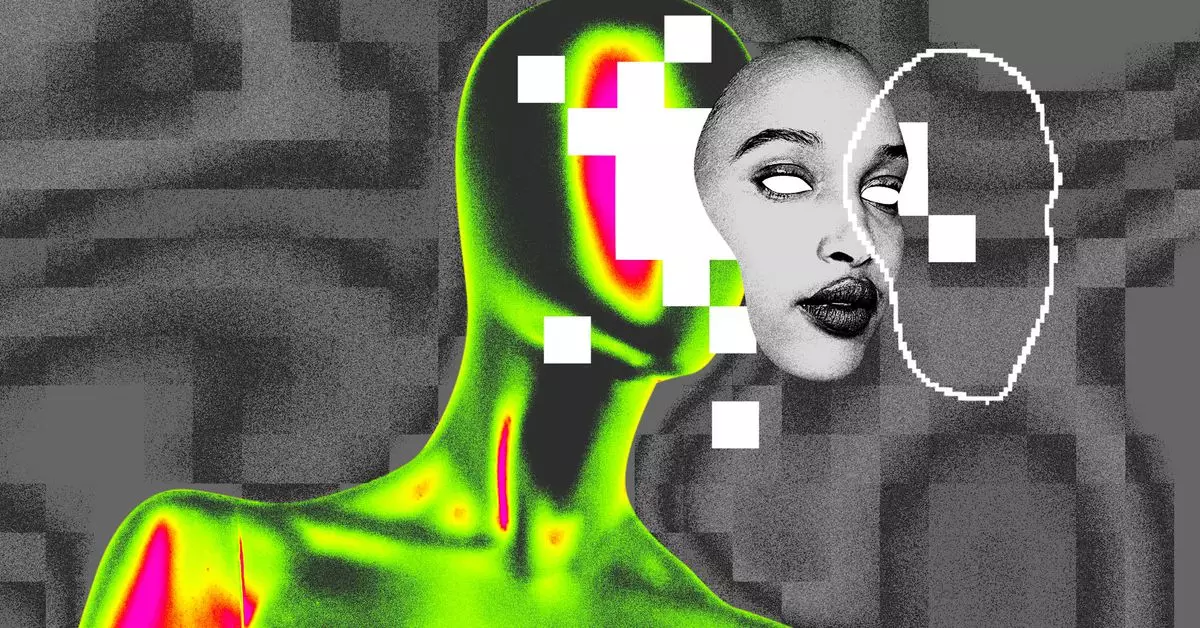In today’s digital age, social media platforms are increasingly scrutinized for their impact on users’ mental health, particularly among teenagers. TikTok, one of the world’s most popular social media apps, recently announced new age restrictions on certain beauty filters in response to growing concerns about body image and mental well-being. This decision comes after significant criticism regarding the role of these filters in perpetuating unrealistic beauty standards. The following explores these changes, their implications, and whether they signify a meaningful step in promoting healthy online interactions.
Understanding TikTok’s New Age Restrictions
TikTok’s latest initiative aims to prevent users under the age of 18 from accessing specific appearance-altering effects. The decision, which is set to unfold in the coming weeks, has garnered attention for targeting popular filters known for their beautifying attributes. Specifically, TikTok’s filters, such as the controversial Bold Glamour, provide enhancements that smooth skin, elongate eyelashes, and slim facial features—features that many young users find appealing yet are likely to sow seeds of discontent amidst distorted self-images.
To clarify which filters are impacted, TikTok plans to expand filter descriptions to indicate how particular effects modify appearances. Notably, age restrictions will not apply to filters designed for humor and exaggeration, thus maintaining a sense of whimsy for younger users. This nuanced approach emphasizes the platform’s effort to balance creativity with responsibility.
The impetus for TikTok’s decision stems from a report by the non-profit organization Internet Matters, focusing on children’s online safety. This report highlights the disturbing trend where children fail to recognize digitally altered images, prompting immense social pressure to conform to these idealized representations. The consequences can be profound, contributing to body dissatisfaction and mental health struggles among young users.
In an age where social media often presents idealized lives, the susceptibility of young minds to such influences cannot be overstated. With over 175 million monthly active users in Europe alone, TikTok’s platform serves as a critical space where issues of identity and self-image frequently intersect with online interactions. A shift towards greater transparency regarding filters is a necessary move, helping to foster a more realistic perception of beauty and self-worth among teens.
As part of its broader initiative to address mental health concerns, TikTok plans to introduce resources across 13 unspecified European countries. This move aims to connect users who report harmful content related to suicide, self-harm, hate, and harassment with local helplines. By equipping users with immediate access to support, TikTok demonstrates awareness of its role in the mental well-being of its community.
Christine Grahn, TikTok’s European public policy head, emphasized the importance of user safety, stating, “There’s no finish line when it comes to safety and security.” Her words reflect a growing acknowledgment that fostering a safe environment on the platform is essential for users to express their authentic selves.
While the intentions behind these changes are commendable, the challenges of enforcing age restrictions remain a pressing concern. The introduction of new machine-learning technologies aims to detect accounts created by users under the allowed age of 13. However, the effectiveness of such measures will be tested over time, especially considering the ease with which young users can bypass age verification methods.
As TikTok contemplates these technological advancements, it also grapples with the reality of removing approximately six million accounts annually that do not meet its age requirements. The ability for users to appeal account deletions suggests a nuanced approach to user rights, but it also raises questions about the efficacy and consistency of age enforcement.
TikTok’s recent actions illustrate an essential shift towards acknowledging the significant impact of social media on mental health. By regulating beauty filters and enhancing user support mechanisms, the platform takes a proactive step in creating a safer online environment for young people. Nevertheless, the success of these measures hinges on their implementation and ongoing commitment to user well-being. As the social media landscape continues to evolve, maintaining a balance between creativity and responsibility will be critical in supporting the mental health of the digital generation. The broader implications of TikTok’s changes might pave the way for other platforms to follow suit, signaling a collective responsibility to prioritize mental health in an increasingly digital world.

